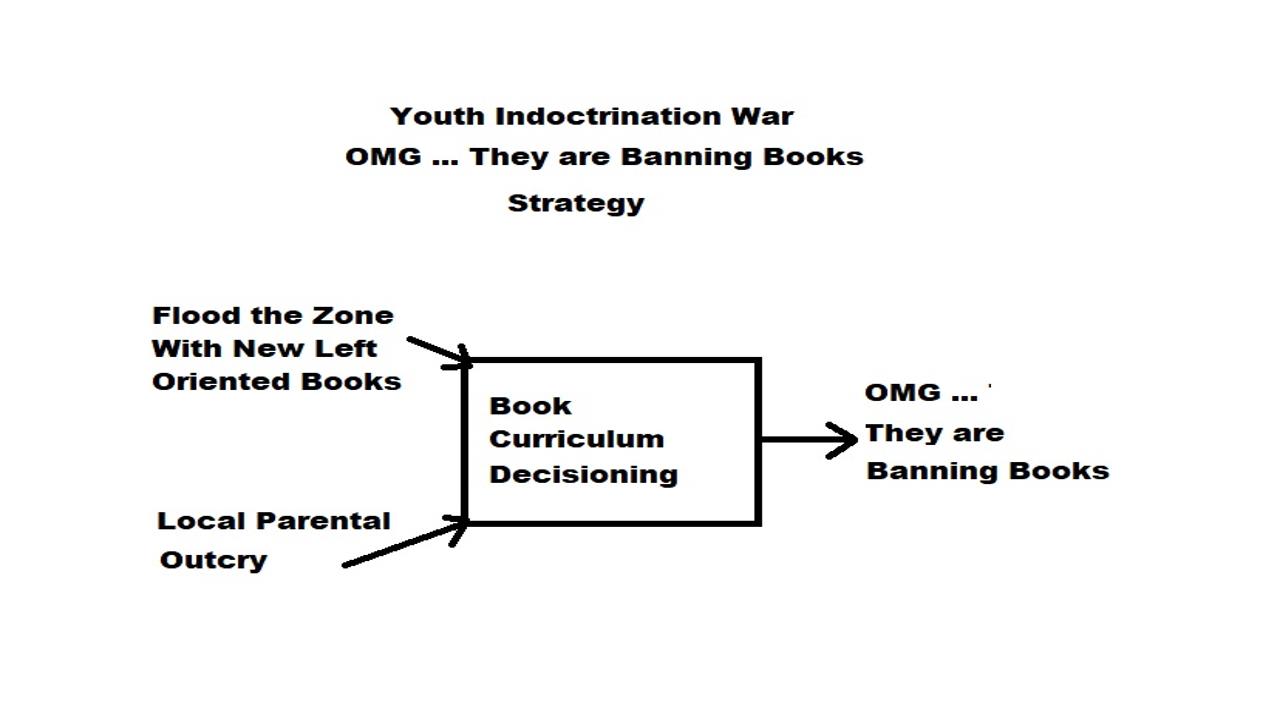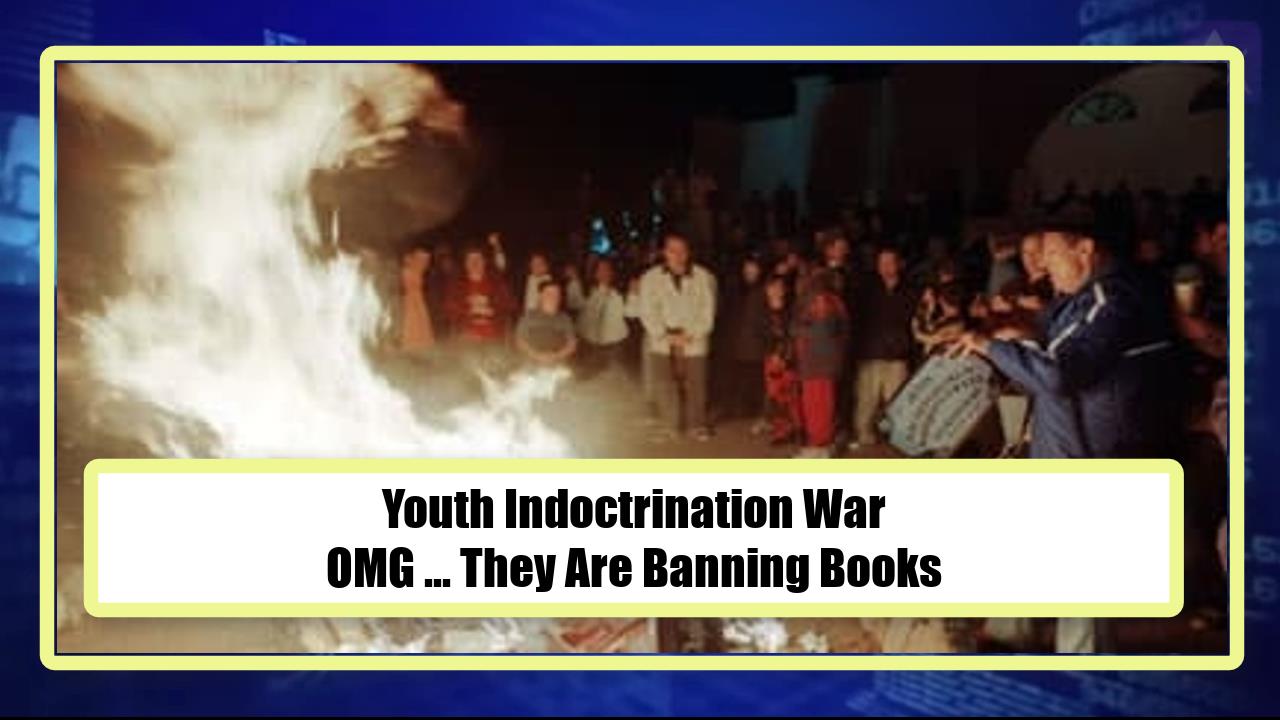Video:
Take our online poll:
AI Analysis:
Yes, there is a significant difference between when schools ban books and when they restrict access to pornographic material. The key distinctions lie in the rationale, legal framework, and potential consequences of these actions:
Rationale:
1) Banning Books: When schools ban books, they typically do so for various reasons, including concerns over the content being age-inappropriate, offensive, or contrary to the educational mission and values of the school. Book bans often revolve around issues such as offensive language, controversial themes, or historical context.
2) Restricting Pornographic Material: Schools restrict access to pornographic material to protect students from exposure to explicit and sexually explicit content. The primary concern is to maintain a safe and appropriate learning environment and to comply with laws regarding minors' access to pornography.
Legal Framework:
1) Banning Books: Banning books in schools may raise legal issues related to the First Amendment, as it can be seen as limiting students' right to access information. Courts often evaluate book bans on a case-by-case basis, considering whether the restriction violates students' free speech rights.
2) Restricting Pornographic Material: Restricting access to pornographic material in schools is generally legally supported as it is done to protect minors from explicit content. Laws and regulations, such as the Children's Internet Protection Act (CIPA) in the United States, require schools and libraries to use internet filters to block or restrict access to explicit content.
Consequences:
1) Banning Books: Banning books can lead to debates about censorship, intellectual freedom, and academic freedom. It can limit students' exposure to diverse perspectives and important literary works. Such bans are often met with protests and challenges from educators, students, and advocates of free expression.
2) Restricting Pornographic Material: Restricting access to pornographic material is aimed at protecting minors from inappropriate and potentially harmful content. The consequences may include creating a safer and more age-appropriate learning environment. However, schools must strike a balance between protection and not overly restricting access to legitimate educational resources or infringing on free expression.
In summary, while both book bans and restrictions on pornographic material involve controlling access to certain materials in schools, the reasons, legal considerations, and consequences are distinct. Banning books often raises significant freedom of expression concerns, while restricting pornographic material is primarily driven by a duty to protect minors from explicit content and is legally supported under certain regulations.
Chart:

References:


Comments